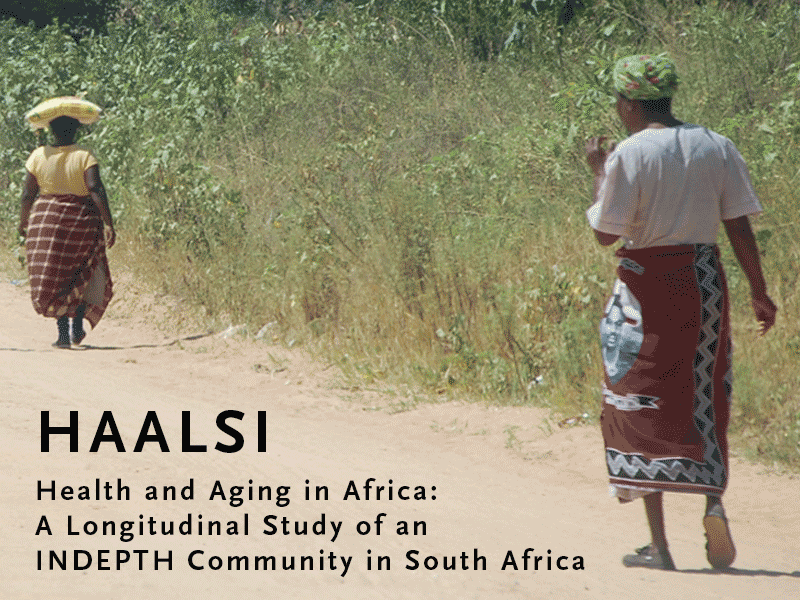Former Harvard postdoctoral fellows Adam Lippert, Dan Corsi, and Rockli Kim, along with faculty member S (Subu) V Subramanian, and their colleagues have published a study in Nicotine and Tobacco Research that is one of few studies to assess cumulative genetic contributions to nicotine use and cardiometabolic health during early mid-life alongside socioeconomic and lifestyle factors.
Longitudinal study of aging in South Africa offers rare glimpse of link between cognitive function and cardiometabolic disease risk factors
Researchers affiliated with Health and Aging in Africa: A Longitudinal Study of an INDEPTH Community in South Africa (HAALSI) have published a study in BMC Public Health that shares some baseline evidence pointing to a link between cognitive function and cardiometabolic disease risk factors (e.g., diabetes, BMI, smoking) among those aging in South Africa.
Self-perceived obesity/weight linked to increased cardiometabolic risks
A study by three faculty members—S. Bryn Austin, S V Subramanian, and Ichiro Kawachi—and their colleague found that Koreans who merely perceived themselves to be overweight or obese faced increased cardiometabolic risks, such as high blood pressure and elevated triglycerides.
Helpful algorithm for quantifying cardiometabolic risk may help motivate prevention and intervention
Harvard Pop Center Director Lisa Berkman and affiliated researcher Orfeu Buxton have co-authored a study that presents a way to quantify cardiometabolic risk using modifiable, non-self-reported risk factors which may help to motivate an individual’s commitment to prevention and intervention. The study has been published in the American Journal of Preventive Medicine.
Study shows increased cardiometabolic risk for female workers prone to work-related stress who don’t get adequate sleep or exercise
Harvard Pop Center affiliated faculty member Orfeu Buxton served as PI on a recently published paper in the American Journal of Industrial Medicine that investigated the effect of work-related stress, sleep deficiency, and physical activity on 10-year cardiometabolic risk among an all-female worker population.
